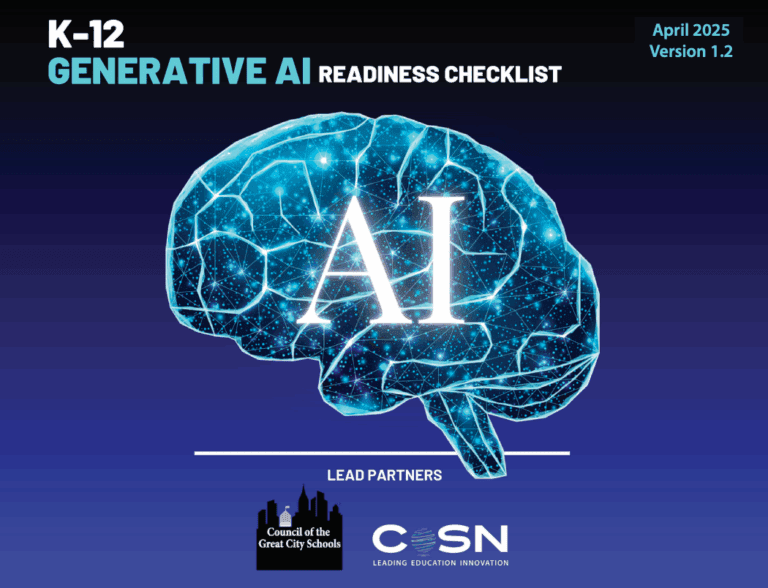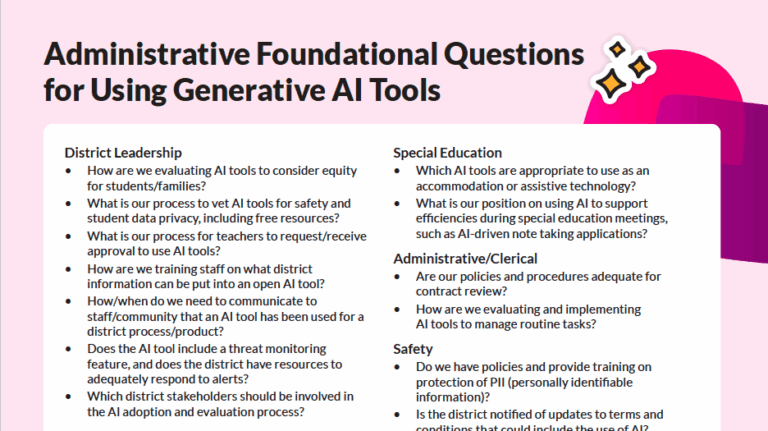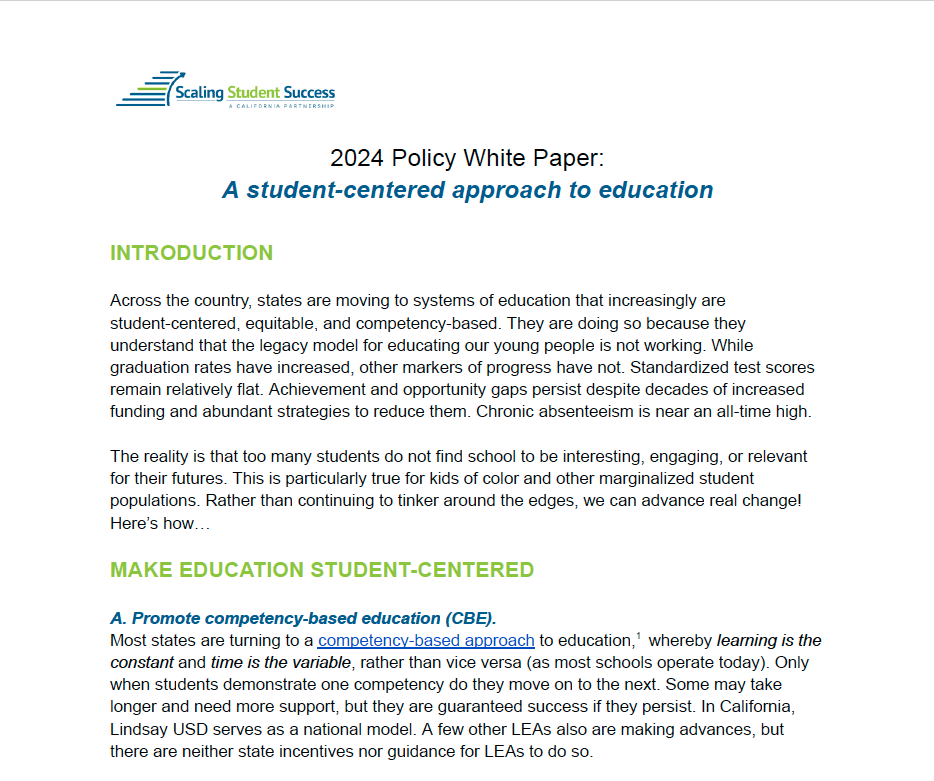Adapted from information presented at the 2017 ACSA Every Child Counts Symposium by Amy R. Levine, Sarah Sutherland, and Rose Tagnesi, Grossmont Union High School District
The Compton Case was a class action in federal court, filed by students and teachers, who alleged that students were traumatized by experiencing and witnessing violence, racism, homelessness, abuse, neglect, loss of family or friends and placement in the foster care system. Compton has one of the highest crime rates in the nation, and these claims were made the basis that complex trauma interferes with people’s ability to think, read, concentrate, learn and regulate emotions, and therefore impacts students and leads to a rise in suspension, expulsion, truancy, transfer to continuation programs, etc.
Other allegations were made that the school district lacked a systematic approach to serve the needs of traumatized students, that access to an individualized plan was insufficient and/or ineffective. The students in the case claimed that they qualified as disabled under Section 504 and the ADA even if they did not have a clinical diagnosis. They added that teachers and staff suffer secondary stress and burnout, which is destabilizing for the school community.
The Compton case alleged violations of the Section 504 regulations regarding “location and notification,” procedural safeguards, and FAPE, stating that there was inadequate training to identify students in need of mental health support, failure to notify parents of obligation to identify and serve students whose learning is impaired, and failure to locate students who are not receiving an adequate public education because of complex trauma. They called for procedural safeguards regarding identification, evaluation, and educational placement of students with sensitivity to trauma.
Relief Sought
Whole school approach that includes:
- Building of a safe, positive, predictable and bias-free environment for learning
- Staff training to recognize and address trauma, build self-regulation and social-emotional learning skills
- Restorative practices to resolve conflicts and avoid re-traumatizing students through punitive discipline, involuntary transfers, and referrals to law-enforcement
The case saw a motion to dismiss for failure to state a cause of action denied.
“The Court does not endorse the legal position that exposure to two or more traumatic events is, without more, a cognizable disability under either of the Acts. The Court simply acknowledges the allegations that exposure to traumatic events might cause physical or mental impairments that could be cognizable as disabilities under the two Acts.” P.P. v. Compton USD, 135 F.Supp.3d 1098, 1103 (C.D. Cal. 2015)
The motion for class certification and motion for preliminary injunction to require initial staff training were also denied.
Legal fallout – can every student be disabled?
There is growing support for the notion that students with complex trauma may become disabled, but there no clear guidelines yet. Section 504 and the ADA may be the wrong mechanisms to address undiagnosed disabilities (and there are many implications for districts if these students are deemed 504/ADA eligible).
General Education approaches work best and help address the 504/ADA eligibility arguments. But, if there is a disability that is suspected to impact a student’s ability to learn, seek permission to assess.
Best practices for serving students with trauma
When special education and related services are the only formalized support available beyond the regular education program, more students may become eligible under the IDEA and Section 504 due to their need for individualized services and support to be successful. Formalize RTI and SST type processes to monitor and guide referrals for special education assessment only after resources of regular education program have been utilized, where appropriate, and not been effective.
Ensure all school staff understand and recognize behavioral escalation cycle, and respond proactively and appropriately. Be able to answer the question of what a teacher or school site staff member should do in response to questioning/arguing, passive noncompliance, verbal abuse, defiance/confrontation, or aggression. Do all staff respond similarly? Consider implementing a post-escalation and management cycle in all classrooms. Other ideas are to remove a student from or modify the problem context, redirect them to an activity they might be more successful at, removing “triggers” from the classroom. Anticipating a problem and intervening is better than simply reacting to it.
Preventive Interventions include teacher empathy/proximity, relaxation techniques, a pre-arranged signal, emphasizing student autonomy and responsibilities in clear and simple language. Avoid escalation — discrediting a student, engaging in power struggles, raising voices.
Some other important practices:
- Recognition that certain behaviors are related to traumatic experience and behavior change is slow and incremental, so long-term goals are crucial
- Shifting the school environment and classroom practices to respond more effectively to needs of students who experienced trauma
- Instituting practices and policies that allow teachers to identify students who have experienced trauma and address behavior from that perspective, instead of just discipline and removal
- Discipline (focus on current misbehavior) versus treatment (focus on how past trauma caused current behavior and can be treated)
- Teach behavior, conflict resolution, and emotional regulation such that children who experience trauma can learn to manage their emotions
- Establish services and systems like on-site mental health services, school health and community wellness centers
- Positive Behavioral Interventions and Supports (PBIS)
- Restorative justice, where possible
- Behavior curriculum and expectations
Finally, it’s crucial to provide professional development opportunities to administrators and teachers so that everyone can grow in understanding and addressing student needs regarding trauma, instead of mainly resorting to discipline and special services.

































very good article